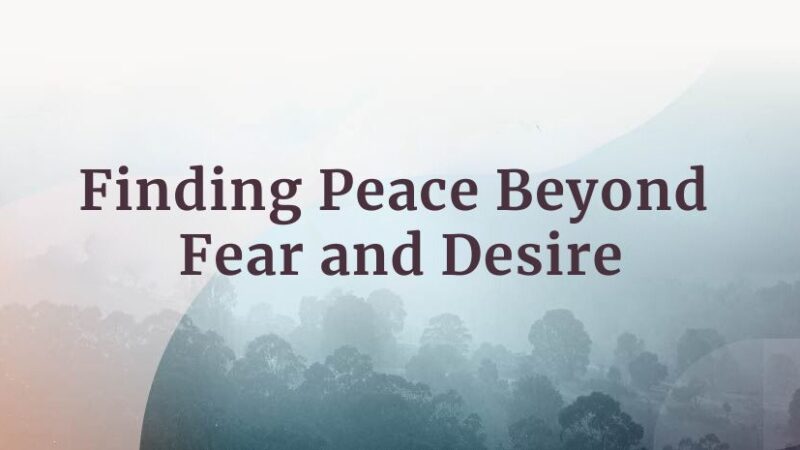How do we effectively devote ourselves to our own health and healing? Whether it’s a physical challenge, a mental health concern, or some combination, how do we take responsibility for the things we should and free ourselves from the burden of what we’re not really accountable for? For Amy B. Scher, it all starts with removing the emotional, energetic blockages that prevent our truest self-expression. In this podcast, Tami Simon speaks with Amy about her own journey, her life-saving books, and her latest offering, the How to Heal Yourself Oracle Deck.
Enjoy this experiential conversation exploring: how to identify the ways in which we hold ourselves back from our authenticity, relieving the unnecessary pressure we put on ourselves, perfectionism, the debilitating consequences of unresolved emotional blocks, energy psychology and EFT, using your intuition, the tapping technique, the role of the thymus gland, releasing stored nervousness, installing positive emotions as an adjunct to self-healing, avoiding the pitfall of toxic positivity, having patience with the process, the power of levity on the healing journey, and more.
Note: This episode originally aired on Sounds True One, where these special episodes of Insights at the Edge are available to watch live on video and with exclusive access to Q&As with our guests. Learn more at join.soundstrue.com.






